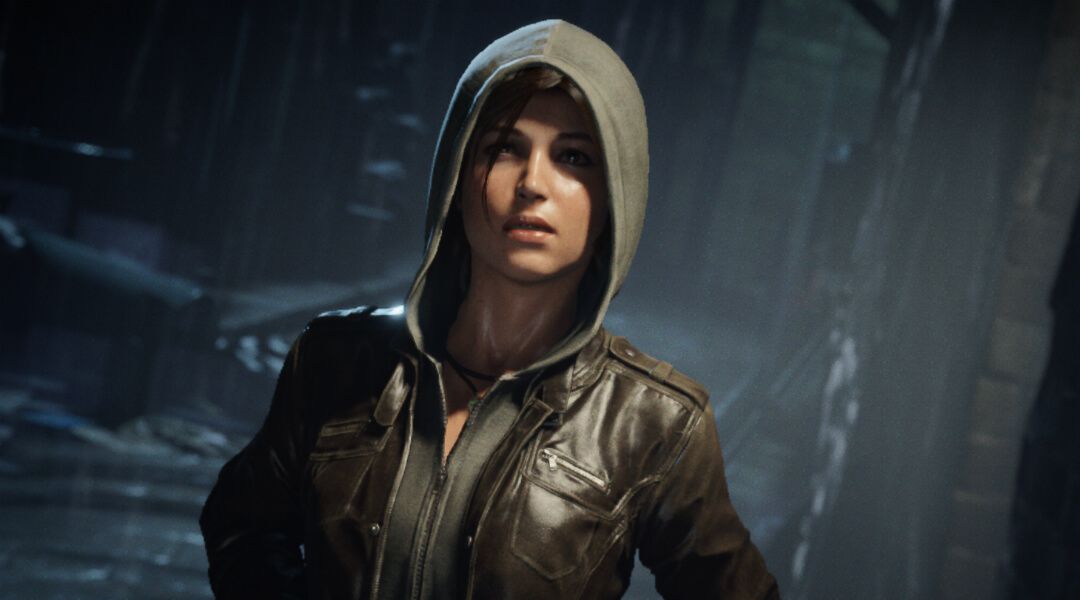Rhianna Pratchett, writer of Rise of the Tomb Raider, discusses her hope to see more diverse characters in video games and a change in how people look at female characters.
Video games have come a long way in making their casts of playable and supporting characters more diverse, but some feel there's still a long way to go. The writer of Rise of the Tomb Raider, who has been praised for creating a strong and independent Lara Croft, is apparently among them.
Rhianna Pratchett brought up the matter during an interview, explaining that there's still more work for the video game industry and its writers to do to increase diversity. In particular, she's interested in seeing a more diverse range of characters appear in video games, with a wider range of races, religions, and sexual orientations depicted in gaming. However, she also took the opportunity to explain that contrary to popular belief, she hadn't specifically wanted to write Rise of the Tomb Raider's Lara as being gay:
"...I would've loved the challenge of making Lara gay, but they spun it as if I'd gone in there saying I want to make Lara gay and I've been crushed down by Crystal Dynamics. It wasn't like that in the conversation we had. It was more like, I recognize the need for more diversity in many things, not just sexual orientation but in ethnicity, in age, in ability, etc. And as a writer I see that as challenging and important and there's not enough out there."
Pratchett is partially responsible for the recent boom of female protagonists appearing in video games, winning an award for her writing for Rise of the Tomb Raider. In addition, she wrote for both Heavenly Sword and Mirror's Edge, helping to create the characters of Nariko and Faith Connors, respectively. The women appearing in these games have pleased gamers and critics alike, and subsequently are often referred to as strong female characters. However, she's not particularly pleased that these protagonists - including the ones she's personally written - have had their strength singled out as their sole defining characteristic:
"We do tend to overuse the words 'strong female character' - you never hear them say 'strong male character.' It's almost like that's inherent. What we really mean is good or interesting or textured or broad or exciting. It's more than strong and strong I think does these characters a disservice... And I know calling it a strong female character is just a step we go through before just calling them characters in the same way male characters are just called characters."
While one could say that it's just a matter of semantics, it's understandable that Pratchett wants terminology to also recognize that these female characters have traits that go beyond simply being strong. While gaming may not quite be there yet, getting to the point where capable and independent female characters are simply the norm in gaming and no longer referred to as 'strong' female characters appears to be one of her goals as a writer.
Writing in video games has come a long way since it began, and video game characters have become more believable and realistic in their overall characterization, not just their appearances. As long as video game writers continue to develop characters that motivate gamers to continue playing and to feel an empathetic bond with the character they're playing as, it's a step in the right direction. The terminology referring to these characters may not quite be what Pratchett is hoping for, but the characters she's helped to create may ultimately help to change that.
Do you think it's important how characters are referred to by gamers and those in the industry? Let us know in the comments.
Rise of the Tomb Raider is out now for PC and Xbox One.
Source: GamesIndustry.biz

